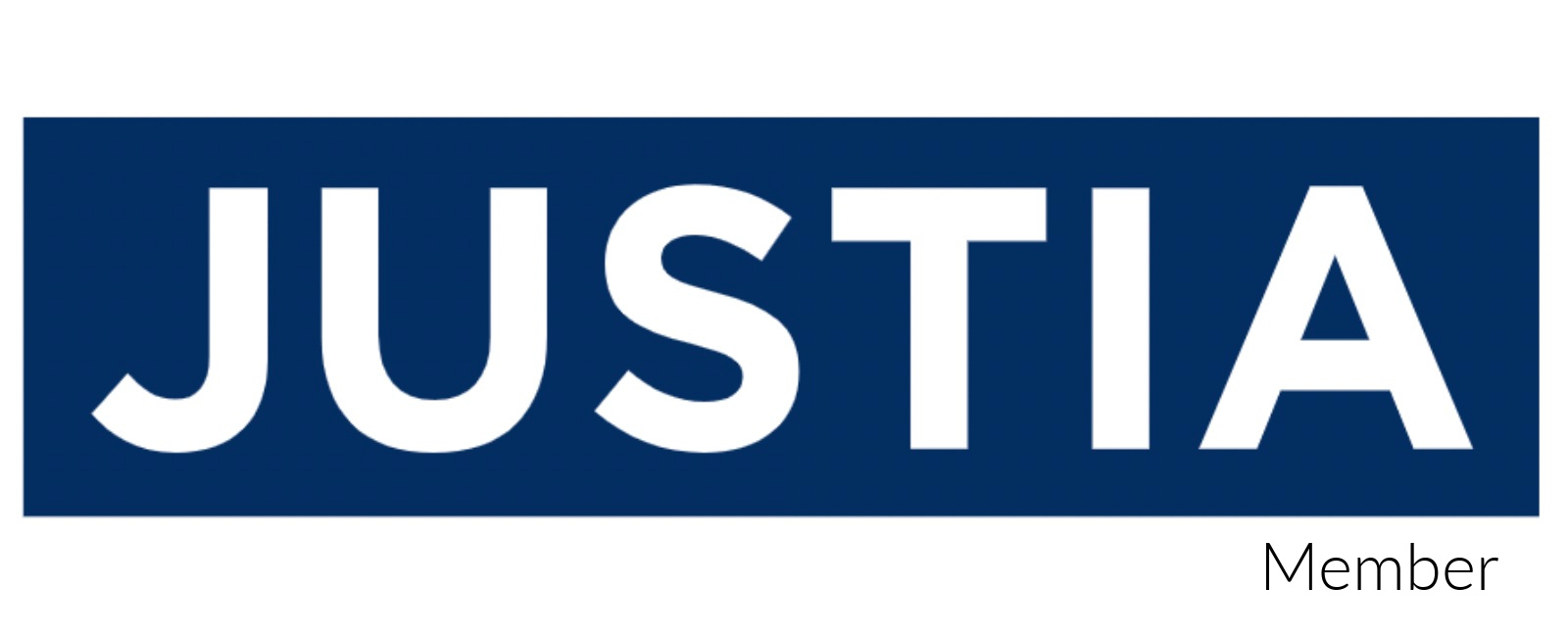- Contact Us Now: (877) 276-5084 Tap Here to Call Us
Ex paerte seizures in Intellectual property law
Vondran Trade Secrets Litigation & Insights
Legal Issue: Ex Parte Seizures in Intellectual Property Law: When FRCP 65 is Inadequate and Forensic Evidence is Ample
In intellectual property law, protecting trade secrets and proprietary information is of paramount importance. Ex parte seizures are an extraordinary remedy that courts may grant to prevent irreparable harm to the plaintiff when Federal Rule of Civil Procedure (FRCP) 65, which governs the issuance of temporary restraining orders (TROs) and preliminary injunctions, is inadequate. This blog will delve into the circumstances under which ex parte seizures are necessary, the legal standards that must be met, and relevant case law that illustrates these principles.
Understanding Ex Parte Seizures
Ex Parte Seizure: An ex parte seizure is a court order issued without notice to the opposing party, allowing the plaintiff to seize property or documents to prevent their destruction or
. concealment. This remedy is used in extraordinary circumstances where immediate action is necessary to prevent irreparable harm.
Federal Rule of Civil Procedure 65
FRCP 65 provides the framework for TROs and preliminary injunctions, which are standard remedies to prevent irreparable harm while a case is pending. These orders are typically issued with notice to the opposing party. However, there are instances where these remedies are inadequate, necessitating an ex parte seizure.
Temporary Restraining Order (TRO): A TRO is a short-term order issued to prevent imminent harm before a full hearing can be conducted. It can be issued ex parte if immediate and irreparable injury will result before the adverse party can be heard.
Preliminary Injunction: A preliminary injunction is issued after a hearing and remains in effect until a final decision is made. It requires notice and an opportunity for both parties to present their arguments.
The Inadequacy of FRCP 65 and the Need for Ex Parte Seizures
Ex parte seizures are considered when FRCP 65 remedies are insufficient to protect the plaintiff’s interests. The inadequacy arises in situations where the defendant is likely to destroy, hide, or transfer the contested property or information upon receiving notice of a TRO or preliminary injunction.
Legal Standards for Ex Parte Seizures
The legal standards for obtaining an ex parte seizure are stringent due to the severe nature of the remedy. The plaintiff must demonstrate:
- Irreparable Harm: The plaintiff must show that without the seizure, they will suffer irreparable harm, meaning harm that cannot be adequately remedied by monetary damages.
- Likelihood of Success: The plaintiff must provide evidence that they are likely to succeed on the merits of their case.
- Balance of Hardships: The court must determine that the harm to the plaintiff if the seizure is not granted outweighs the harm to the defendant if it is granted.
- Public Interest: The court must consider whether the seizure serves the public interest.
- Extraordinary Circumstances: The plaintiff must demonstrate that extraordinary circumstances exist, warranting the seizure without notice.
Civil Code and Case Law
The Defend Trade Secrets Act (DTSA)
The Defend Trade Secrets Act (DTSA) of 2016 provides the federal statutory framework for ex parte seizures in trade secret cases. The DTSA includes specific provisions for ex parte seizures to prevent the dissemination of trade secrets.
18 U.S.C. § 1836(b)(2): This section of the DTSA allows a court to issue an ex parte seizure order to prevent the propagation or dissemination of the trade secret under extraordinary circumstances.
Case Law:
- Mission Capital Advisors LLC v. Romaka, No. 15-cv-5877 (S.D.N.Y. 2016):
- Facts: Mission Capital Advisors sought an ex parte seizure of a laptop and external storage devices from a former employee who allegedly misappropriated trade secrets.
- Holding: The court granted the ex parte seizure, citing the imminent risk of destruction of evidence and the inadequacy of a TRO.
- Bancorp Services, L.L.C. v. Hartford Life Insurance Co., 2006 WL 3260362 (E.D. Mo. 2006):
- Facts: Bancorp Services alleged that Hartford Life Insurance Co. misappropriated trade secrets related to a financial product.
- Holding: The court issued an ex parte seizure order to prevent the destruction of electronic evidence stored on the defendant’s servers.
- Adobe Systems Inc. v. Hoops Enterprise LLC, No. 14-cv-02778 (N.D. Cal. 2014):
- Facts: Adobe Systems sought an ex parte seizure order to confiscate counterfeit software and related documents from Hoops Enterprise.
- Holding: The court granted the seizure order, emphasizing the need to prevent the destruction of evidence and the inadequacy of FRCP 65 remedies.
Forensic Evidence and Extraordinary Circumstances
Forensic evidence plays a crucial role in supporting the need for an ex parte seizure. This evidence can include digital footprints, metadata, and other technical data that demonstrate the likelihood of misappropriation or imminent destruction of trade secrets.
Example:
- Digital Forensics: A company suspects a former employee of stealing proprietary software code. Digital forensic experts analyze the employee’s computer and find evidence of unauthorized downloads and transfers to external storage devices. This evidence supports the company’s request for an ex parte seizure to recover the stolen code and prevent further dissemination.
Practical Examples and Applications
- Trade Secrets Theft: A tech company discovers that a departing employee has downloaded sensitive design files. The company files for an ex parte seizure, presenting forensic evidence of the downloads and the risk of the employee sharing the information with a competitor.
- Counterfeit Goods: A luxury brand identifies a warehouse storing counterfeit versions of its products. The brand’s investigators provide evidence of the counterfeit goods and the risk of the warehouse operators moving the inventory upon receiving notice. The court grants an ex parte seizure to confiscate the counterfeit items.
- Data Breach: A financial institution experiences a data breach and suspects an insider. Forensic analysis reveals unauthorized access to customer data. The institution requests an ex parte seizure to secure the insider’s devices and prevent the sale of the data on the black market.
Definitions of Legalese
- Irreparable Harm: Damage that cannot be adequately compensated by monetary relief and requires immediate intervention to prevent permanent loss.
- Temporary Restraining Order (TRO): A short-term court order issued to prevent imminent harm, often granted without notice to the opposing party.
- Preliminary Injunction: A longer-term court order issued after a hearing, intended to maintain the status quo until a final decision is reached.
- Forensic Evidence: Technical and scientific data used to support legal claims, often involving digital analysis and electronic records.
- Extraordinary Circumstances: Situations that are highly unusual or exceptional, justifying the use of drastic legal remedies like ex parte seizures.
Further Case Law:
- GAF Materials Corp. v. Elias Industries, Inc., 2009 WL 2058501 (S.D.N.Y. 2009):
- Facts: GAF Materials Corp. sought an ex parte seizure order to recover trade secrets from Elias Industries.
- Holding: The court granted the order, emphasizing the need to prevent the destruction of evidence and the inadequacy of a TRO.
- Levi Strauss & Co. v. Sunrise Int’l Trading Inc., 51 F.3d 982 (11th Cir. 1995):
- Facts: Levi Strauss sought an ex parte seizure to confiscate counterfeit jeans.
- Holding: The court upheld the seizure order, noting the high likelihood of the defendants destroying the evidence upon receiving notice.
Practical Considerations:
- Pre-Seizure Preparations: Plaintiffs should gather comprehensive forensic evidence and prepare detailed affidavits to support their request for an ex parte seizure.
- Post-Seizure Procedures: After an ex parte seizure is granted, plaintiffs must follow strict protocols to ensure the seized items are properly handled and preserved for trial.
- Legal Representation: Due to the complexity and severity of ex parte seizures, it is crucial for plaintiffs to work with experienced legal counsel to navigate the legal process and ensure compliance with all procedural requirements.
Conclusion
- Ex parte seizures are a powerful tool in intellectual property law, reserved for circumstances where traditional remedies under FRCP 65 are inadequate. The stringent legal standards ensure that this remedy is used only when absolutely necessary to prevent irreparable harm. By understanding the requirements and applications of ex parte seizures, legal professionals can better navigate the complexities of protecting trade secrets and proprietary information.
- For plaintiffs seeking an ex parte seizure, the key is to provide compelling forensic evidence and demonstrate the existence of extraordinary circumstances. Through careful preparation and a thorough understanding of the legal landscape, it is possible to secure the necessary protection for valuable intellectual property.









